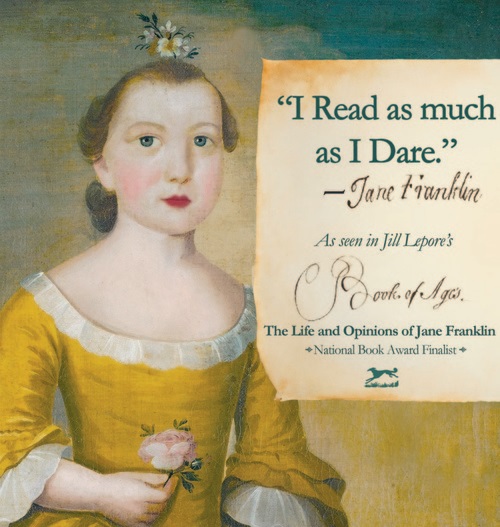


Franklin and Mecom were born into a working-class family. They show Mecom’s self-awareness of her situation in life and gently remind Franklin about where he came from. Then Mecom continued, adding her own reflection by saying that as “we know,” few people are able to rise above disadvantageous positions in life and “beat thro all Impedments” that prevent someone from obtaining education or training that would allow them to improve their mind. Specifically, Mecom wrote about inequality, wondering how many potential Sir Robert Boyles, Samuel Clarkes, and Sir Isaac Newtons (all well-known, elite philosophers and men of science) have been “lost to the world” because they were not born into wealth or status, which give people advantages in life. Price thinks Thousands of Boyles, Clarks and Newtons have Probably been lost to the world, and lived and died in Ignora and meanness, mearly for want of being Placed in favourable Situations, and Injoying Proper Advantages, very few we know is Able to beat thro all Impedaments and Arive to any Grat Degre of Superiority in Understanding.”

Mecom then briefly summarized the moral philosopher Dr. At the very least, it seems Betty’s story made Mecom reflect on the relationship between intelligence, education, and status. Perhaps Mecom saw Betty as a kindred spirit and counted herself among the Bettys of the world. On July 21, 1786, Mecom responded to Franklin by stating that “sometimes the Betys has the Brightest understandings.” The “Betys” – undereducated, working-class women – could indeed be society’s brightest. Then he told her about an educated man and woman who could not figure out that “yf” was a phonetic spelling for “wife.” According to Franklin, “yf” was “a much better as well as shorter Method of Spelling Wife, than by Doubleyou, i, ef, e, which in reality Spells, Doubleyifey.” To prove this point, he noted that the couple’s chambermaid, Betty, immediately recognized that “yf” was pronounced “wife.” Franklin assured her that was a perfectly sensible way to write. In a letter dated July 4, 1786, Franklin told Mecom that she should not apologize for her “bad Spelling” in previous letters because she always spelled out words phonetically. They exchanged letters for pretty much their entire lives. Mecom was Franklin’s beloved younger sister. About one year ago, I began researching for the 2020 American Philosophical Society exhibition, the theme of which was “Benjamin Franklin’s science.” As lead curator, I had to decide: what kind of story about Franklin and science did I want this exhibition to tell?Įarly during the research phase, I came across an exchange of letters between Jane Franklin Mecom (1712-1794) and Benjamin Franklin and was immediately inspired.


 0 kommentar(er)
0 kommentar(er)
